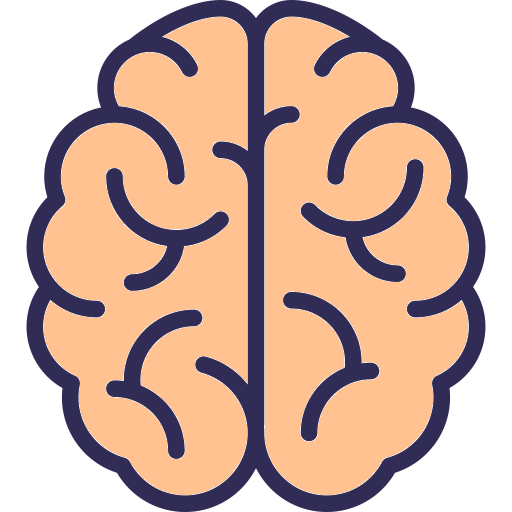Wisconsin’s kids are facing unprecedented health challenges, and they need you now more than ever. At Children’s Wisconsin, we’re doing everything in our power to make sure their light never dims. We go beyond for kids because it’s the right thing to do. But we can’t do it without you.
Your support is powering a revolutionary approach to care that focuses on every aspect of a child’s health — physical, dental, social and mental. Because every child deserves a brighter future. Donors play a vital role in helping us save and transform lives here at Children’s, and there's still so much more we can do together. Here are some examples of how your support can make a difference.








